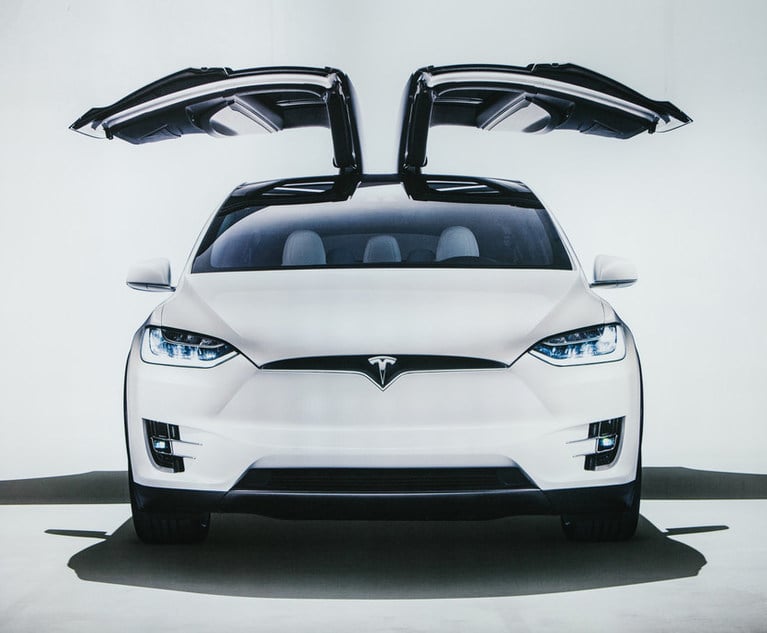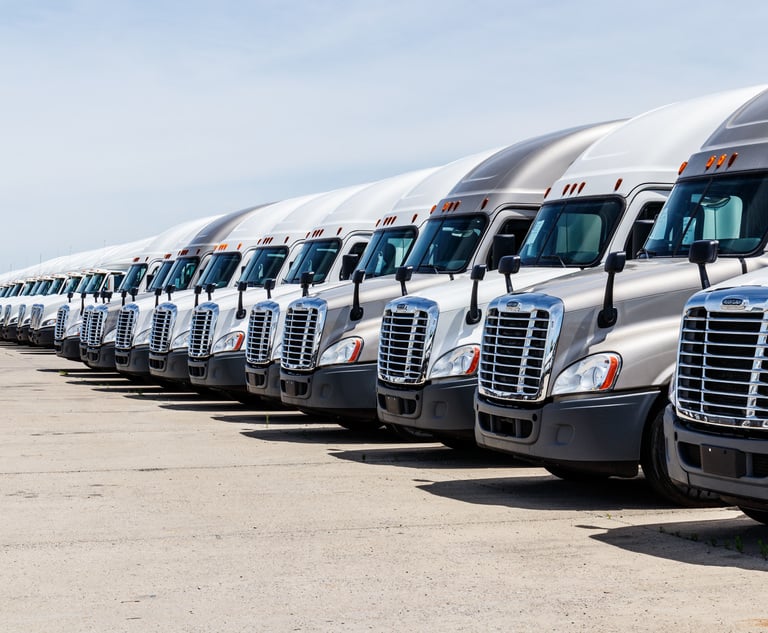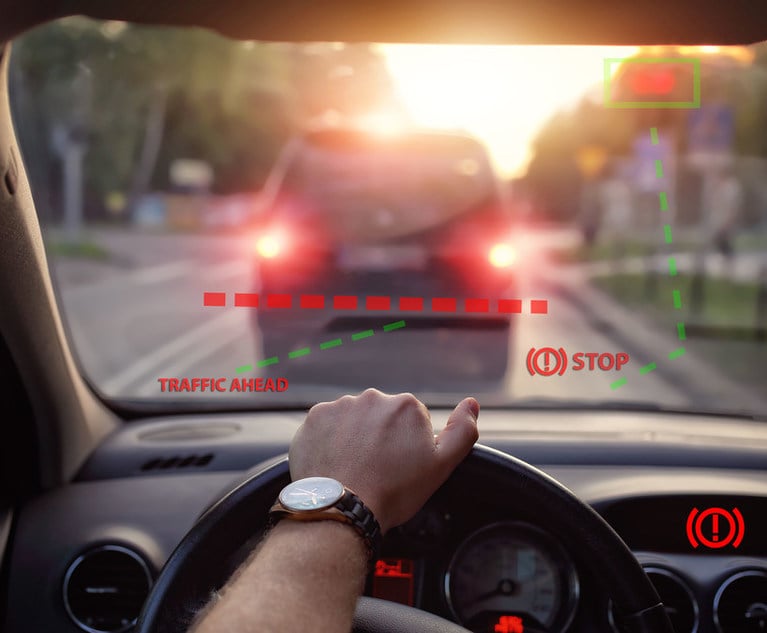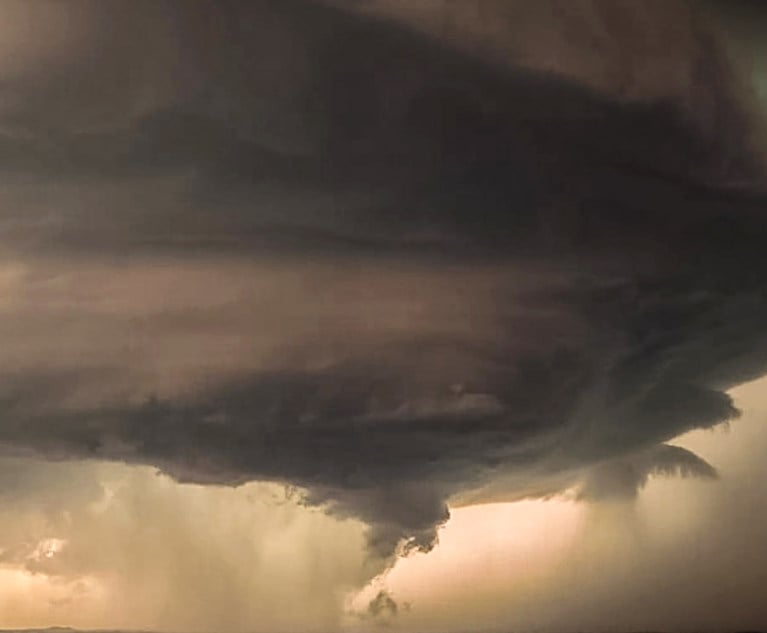 As more semi-autonomous vehicles gain traction on U.S. roads, the risk of an accident and injury also seems to rise. Attorneys on both sides of Harcourt et al. v. Tesla, Inc. rebuke liability. (Credit: Franz12/Shutterstock.com)
As more semi-autonomous vehicles gain traction on U.S. roads, the risk of an accident and injury also seems to rise. Attorneys on both sides of Harcourt et al. v. Tesla, Inc. rebuke liability. (Credit: Franz12/Shutterstock.com)
Mallory Harcourt parked her new Tesla Model X in her driveway on Dec. 27, 2018. She was heavily pregnant (eight months) and planned to unpack groceries, change the diaper on her toddler and then go back to the SUV. Harcourt shut off the Tesla, but the "Falcon wing doors" remained open as she and her toddler headed into the garage and up the stairs. The young child ran back to the Model X, climbed into the driver's side and managed to accelerate the vehicle into Harcourt, lifting and pinning her against the garage wall.
Want to continue reading?
Become a Free PropertyCasualty360 Digital Reader
Your access to unlimited PropertyCasualty360 content isn’t changing.
Once you are an ALM digital member, you’ll receive:
- All PropertyCasualty360.com news coverage, best practices, and in-depth analysis.
- Educational webcasts, resources from industry leaders, and informative newsletters.
- Other award-winning websites including BenefitsPRO.com and ThinkAdvisor.com.
Already have an account? Sign In
© 2024 ALM Global, LLC, All Rights Reserved. Request academic re-use from www.copyright.com. All other uses, submit a request to [email protected]. For more information visit Asset & Logo Licensing.








